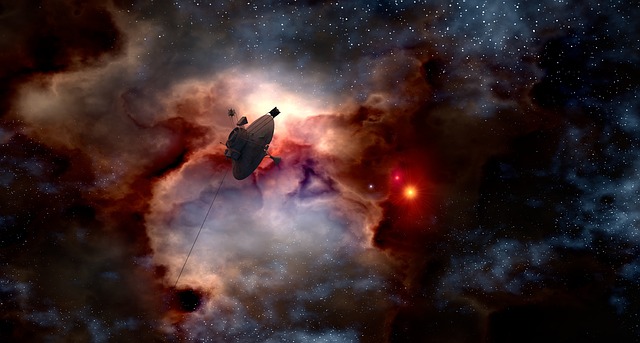 It almost seems like a competition.
It almost seems like a competition.
Which church is “right?” Which church is most pleasing to God?
There is probably no topic more divisive than religion. Even within the family of Christian churches, there is an on-going debate over what is the “right” interpretation, which is the right denomination.
Each denomination has its own twist. Each seems to have its own element of scripture that determines the structure and focus of its rites and central message. Each has its own path to be followed. The spectrum ranges from the most humble mission in rural Africa to the prosperity preaching of today’s television congregations.
Perhaps most famously is the split between the Catholic Chuch and what became known as Lutheran. Each convinced that the other is on the wrong path. Yet, there are many others. The number of Protestant variations seems to be endless.
From another perspective, we see a vast variety of architectural styles in church buildings. Some of the most beautiful buildings in the world are dedicated to the Glory of God. Many of these structures are unparalleled works of art and stand as testaments to the dedication and sincere worship of the builders.
Or do they?
It almost appears that churches were in competition to see who could build the greater tribute to the Almighty – particularly in ancient Europe.
Whether it be architecture or interpretation, the question might be, is it praise, pride or profit that defines a Christian church today? Do we, as flawed humans, distort the original message? Have we become so distracted by showmanship and feel-good messages that we have lost sight of the foundational message? Is the more ornate church structure favored by God?
Once we recognize that a “church” is not a structure or a particular philosophy, we can clear our vision a bit and understand that a “church” is actually a group of people who accept and act upon the core message of Christianity.
In that respect, the most ornate structure and ritual-filled church is no more pleasing to God than the most humble storefront worship center.
Perhaps God’s favorite church is just down the street from where you live.









